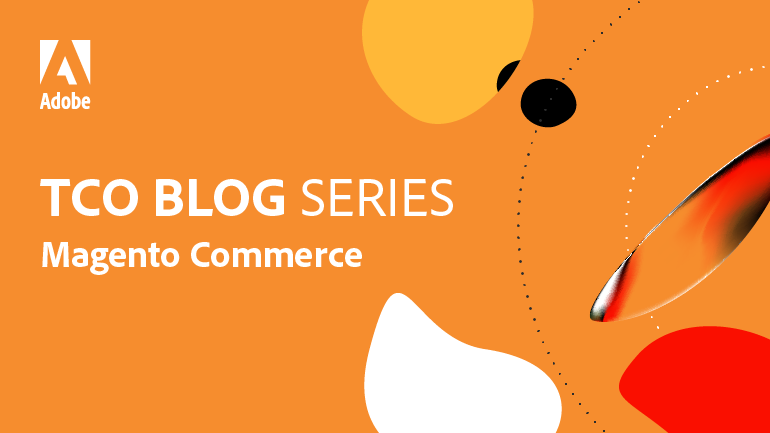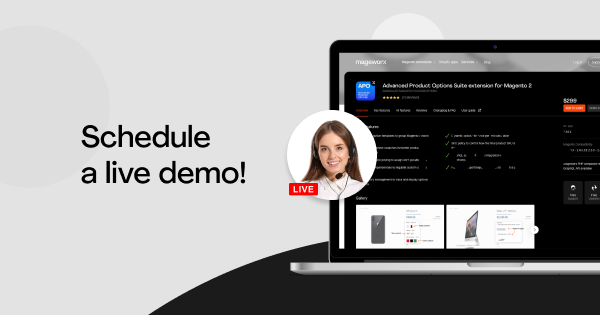
Whether you are new to eCommerce and Magento, thinking about using Magento, or have been using Magento for years, we think you’ll get some great takeaways on how to reduce and rethink your TCO.
• “How to Calculate the Total Cost of Ownership for an eCommerce Platform Implementation,” by Blue Acorn
• “4 Reason Why Keeping Magento Commerce Up-To-Date Drives Down TCO,” by Gorilla Group
Total cost of ownership (TCO) is the estimated total cost of a product or system over a period of time. It takes into account both short-term and long-term expenses and direct and indirect costs of an investment. The typical time frame is three to five years in order to capture setup and ongoing maintenance costs associated with a new solution.
As with many software solutions that touch multiple systems and involve multiple functions in an organization, eCommerce costs can spiral far beyond budget. All too often hidden fees and expensive development costs can seriously derail planning and threaten business growth.
Our “TCO Blog Series” is a way for our partners to share their expert knowledge on all things TCO in an easy-to-access resource – our Magento Blog. We will begin posting weekly and hope to continue into December. Topics will be wide-ranging, across people, process, and technology, and will be for both beginner and advanced audiences. Here are just a couple of the upcoming articles:
Are you an Adobe partner and have a topic related to Magento Commerce TCO you would like to contribute? Reach out to https://twitter.com/suryalamech.
I’m always inspired by hearing of best practices practitioners have come up with to grow their businesses and reduce operating costs. There is a wealth of knowledge and experience available from across the phenomenal Magento community of developers and merchants.
As a product manager I get to talk to many merchants and partners, and TCO is often top of mind. Recently, I was holding a focus group with eCommerce managers and other leaders using Magento Commerce in their businesses, and the conversation organically shifted to practices for managing their upgrades and other expenses.





